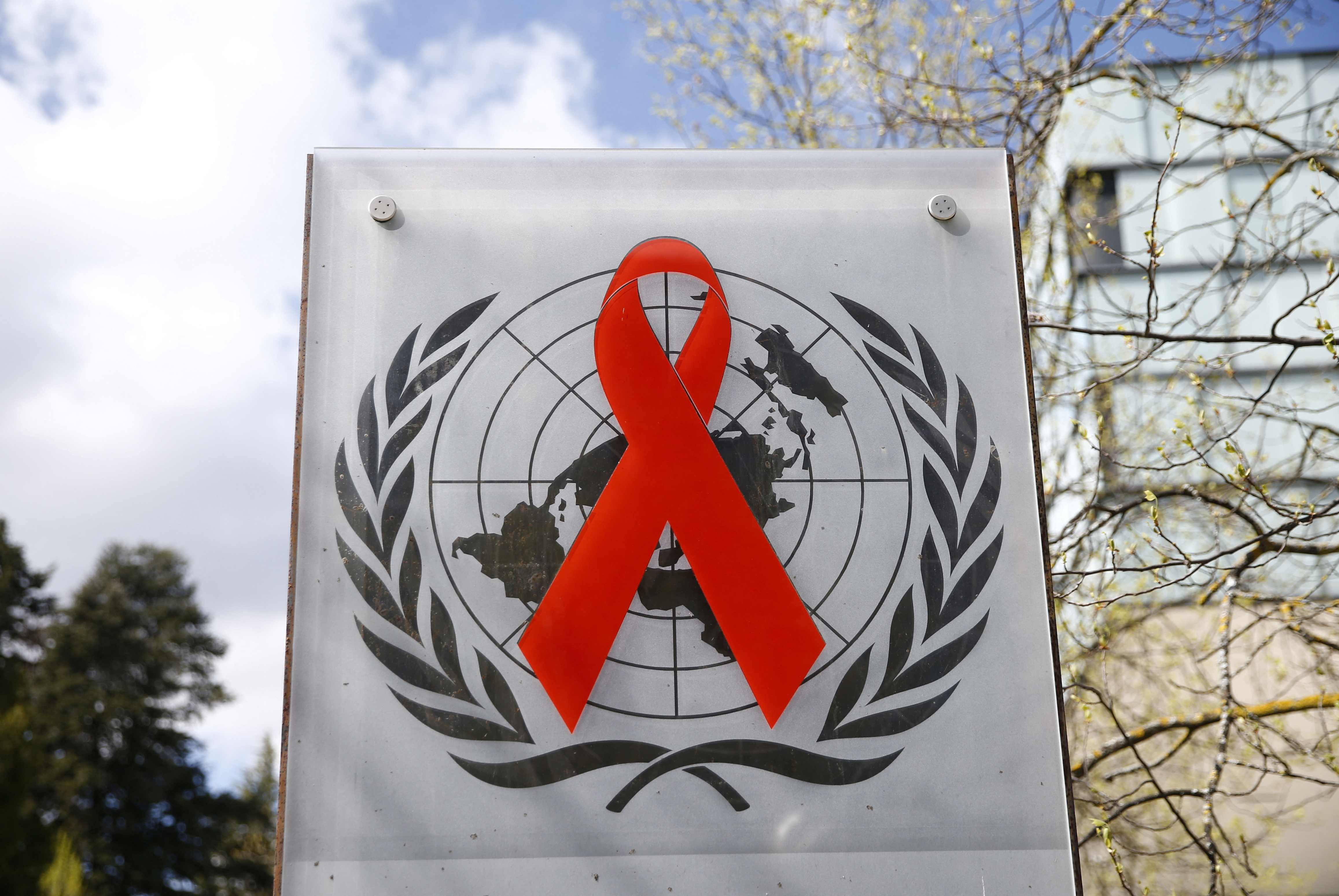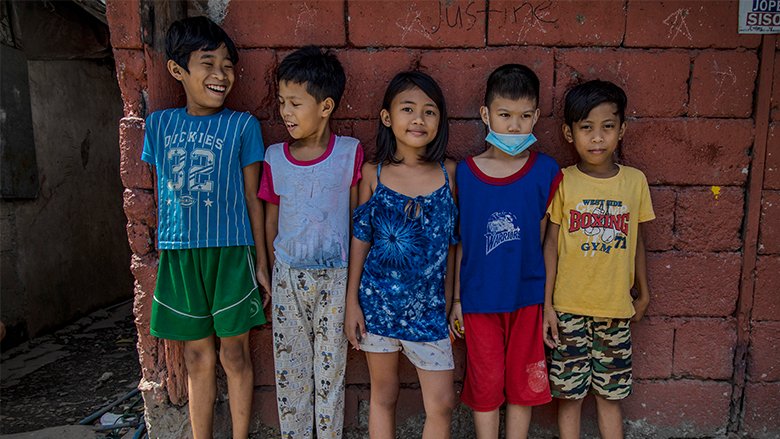HIV and AIDS Deaths May Rise Globally Due to US Aid Freeze, Warns UN
The United Nations warns that global HIV and AIDS deaths could rise due to a US aid freeze, potentially leading to 2,000 new infections daily. The funding halt threatens life-saving treatment and prevention programs, putting vulnerable communities at risk.

The United Nations has warned that global HIV and AIDS deaths could increase significantly due to the recent freeze in US foreign aid. The funding halt is expected to disrupt life-saving programs in multiple countries, potentially leading to thousands of new infections daily.
Impact of US Aid Freeze on HIV Programs
According to UNAIDS, the US government’s decision to freeze funding for foreign aid programs could lead to an estimated 2,000 new HIV infections every day. Many of these cases would be in vulnerable communities across Africa, Asia, and Latin America, where US-supported initiatives play a critical role in providing treatment, testing, and prevention services.
The funding freeze particularly affects the US President’s Emergency Plan for AIDS Relief (PEPFAR), a program that has been instrumental in combating the HIV epidemic globally. Since its launch in 2003, PEPFAR has provided treatment for millions of people living with HIV and significantly reduced transmission rates. Without continued support, many individuals relying on PEPFAR-funded services could face life-threatening consequences.
Concerns from the UN and Health Experts
UNAIDS Executive Director Winnie Byanyima emphasized the severe consequences of the funding cuts, warning that a lack of resources would disrupt antiretroviral therapy (ART) programs and reduce access to essential health services. "Without urgent action, we could see a reversal of the progress made in fighting HIV/AIDS over the past two decades," Byanyima stated.
The UN also highlighted the potential for increased mother-to-child transmission of HIV, as funding shortages could affect prenatal care programs that prevent transmission from infected mothers to newborns. Additionally, prevention programs targeting at-risk groups, including sex workers, intravenous drug users, and the LGBTQ+ community, could see major setbacks.
Threat to Decades of Progress
For over 20 years, international efforts have helped reduce the number of HIV-related deaths and new infections. UNAIDS data shows that HIV-related deaths have declined by nearly 70% since the early 2000s. However, experts now fear a resurgence of the epidemic if funding gaps are not addressed.
In response to the crisis, the UN has urged donor countries, particularly the United States, to restore financial support for global health programs. Advocacy groups and health organizations are also calling for immediate action, stressing that any delays in funding could cost lives.
Call for International Support
Global health advocates stress the need for alternative funding sources to fill the financial gap left by the US aid freeze. Organizations such as the Global Fund to Fight AIDS, Tuberculosis, and Malaria are working to mobilize resources, but additional international cooperation will be crucial.
As the world struggles to maintain progress in the fight against HIV and AIDS, experts warn that immediate action is necessary to prevent an increase in infections and deaths. The UN and health officials continue to pressure the US and other donors to reconsider funding cuts and ensure that vulnerable communities receive the care and treatment they need.
Sources:
- https://www.reuters.com/business/healthcare-pharmaceuticals/there-could-be-2000-new-hiv-infections-every-day-due-usaid-cuts-says-unaids-2025-03-24/
- https://www.aljazeera.com/news/2025/3/24/hiv-and-aids-deaths-could-increase-globally-amid-us-aid-freeze-un-says
- https://news.un.org/en/story/2025/03/1161416
What's Your Reaction?












/https://tf-cmsv2-smithsonianmag-media.s3.amazonaws.com/filer_public/54/66/546650fa-26a4-40fd-8d6d-5a7a04540f81/rosetta2.png)
:max_bytes(150000):strip_icc():focal(999x0:1001x2)/robert-prevost-050825-1-39395418ab494da5a3a700c9478e66c8.jpg)















































format(webp))
format(webp))
























